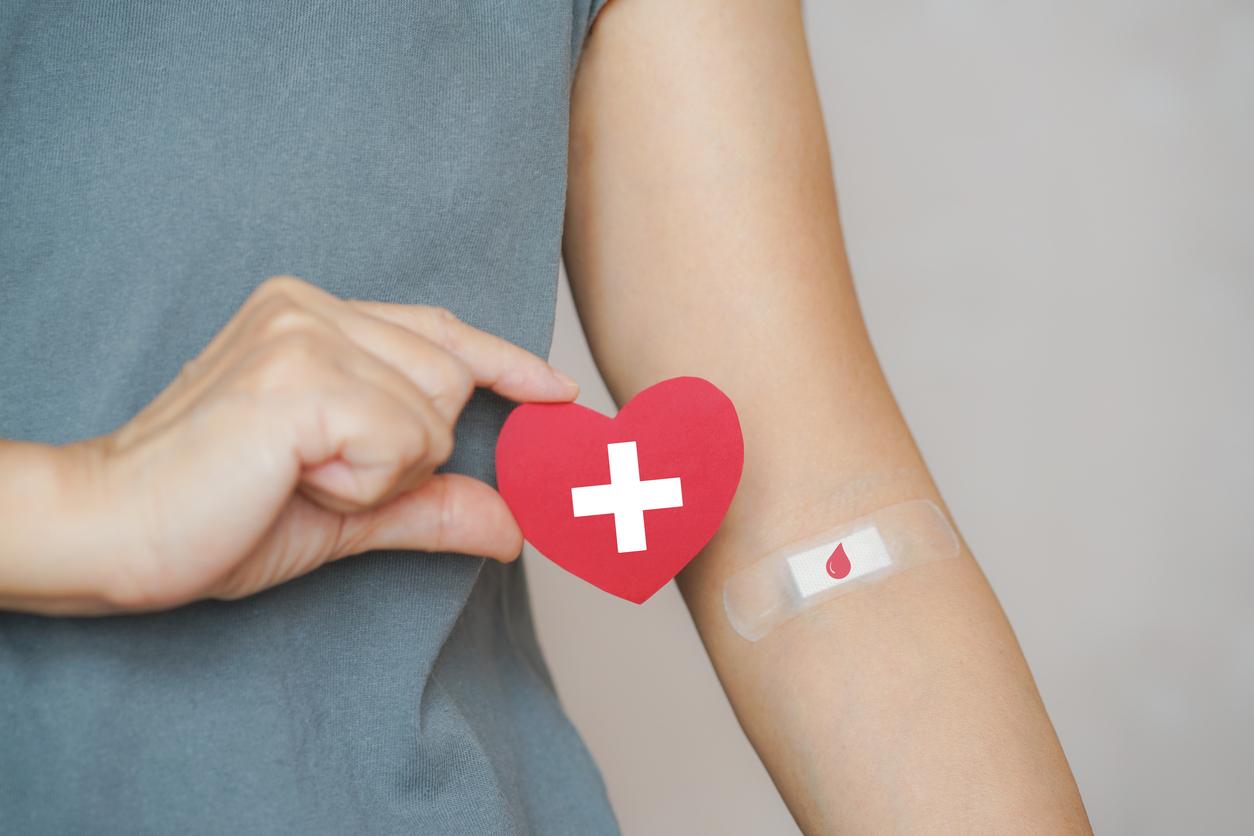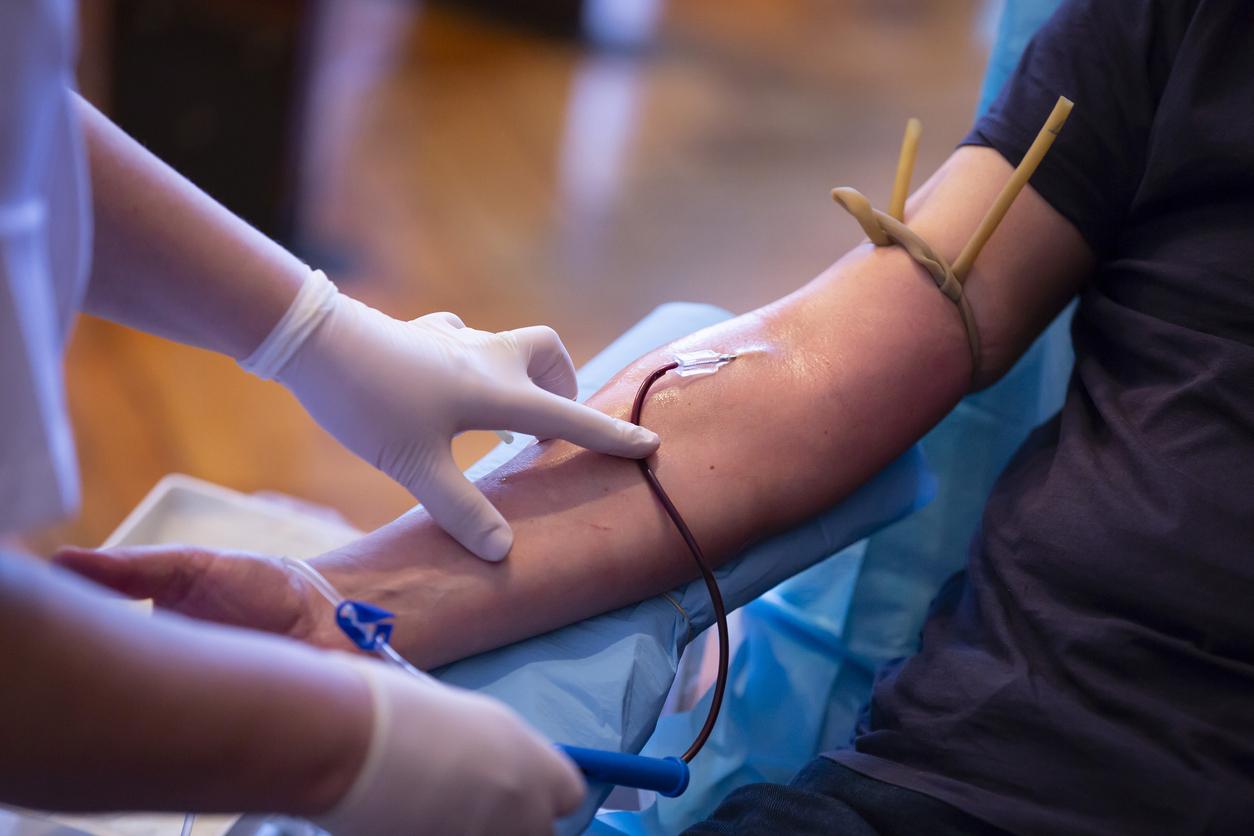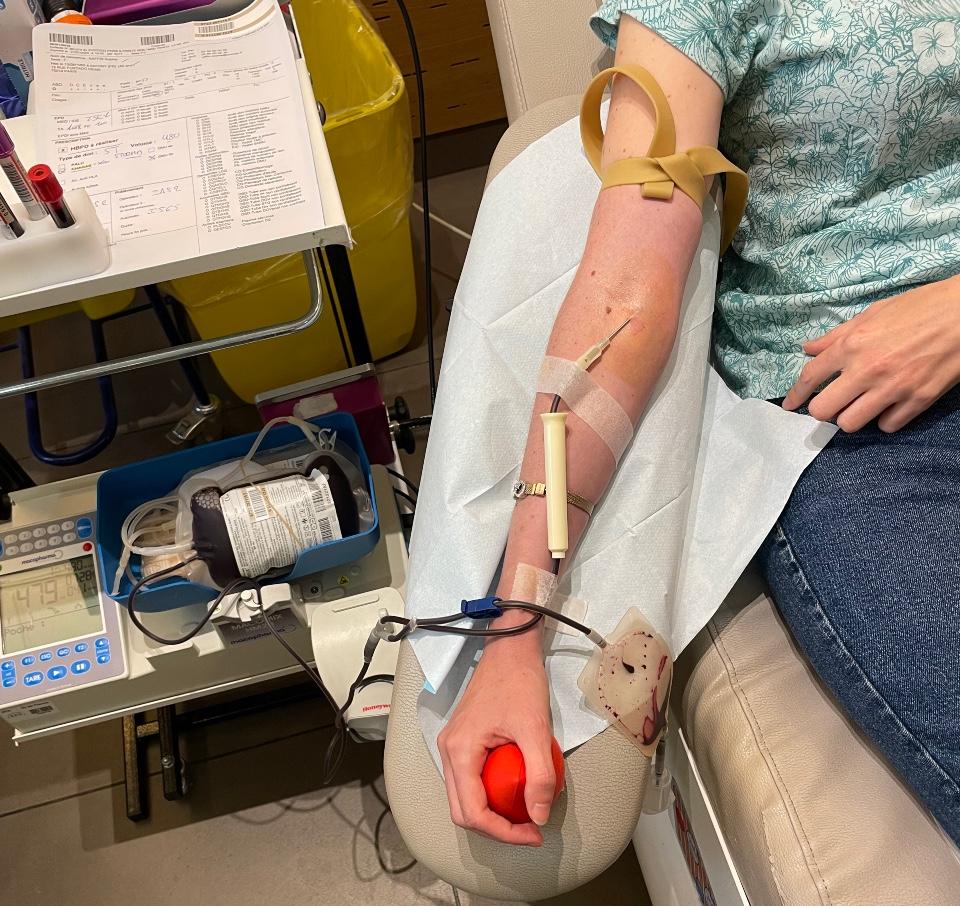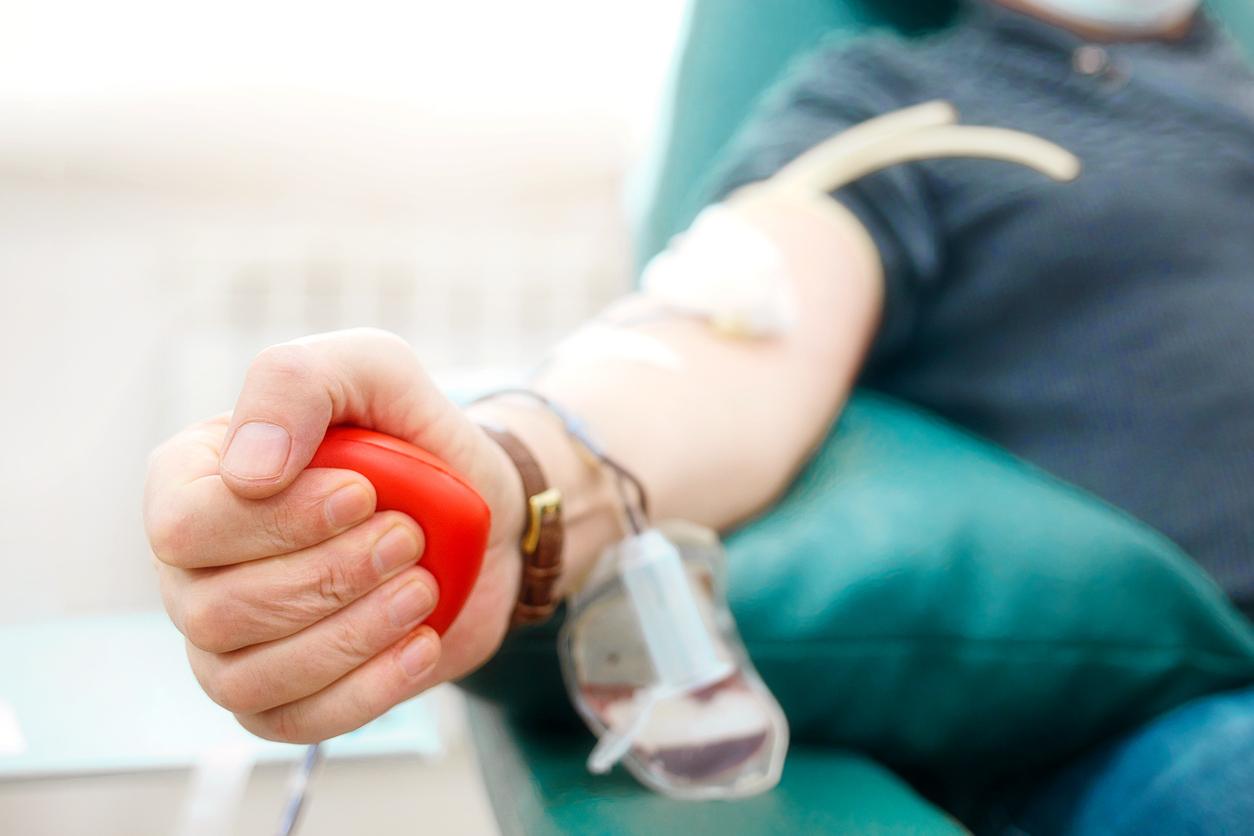Drones are capable of transporting blood products to hospitals for nearly 30 minutes while maintaining the cold chain.
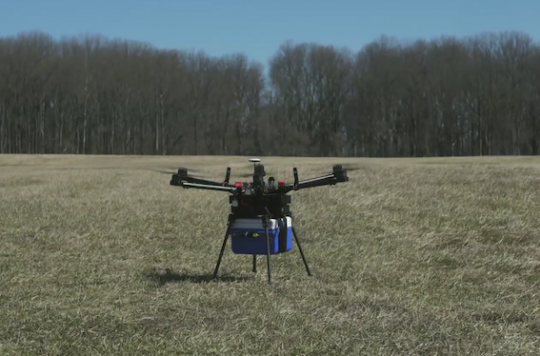
Drones can safely transport blood products to hospitals without degrading their quality, assures a research team from Johns Hopkins University in Baltimore (United States) in a study published in Transfusion. This is the first time that researchers have shown that these flying objects can ensure the path of blood bags while respecting the cold chain.
“In rural areas affected by the lack of access to local clinics, or the lack of blood collection and transport infrastructure, drones are the ideal alternatives,” said Timothy Amukele, work manager. They can also improve blood distribution in urban centers ”. With his team, he has been working on medical transport by drone for several years. Last July, they had already shown that these unmanned devices could bring samples for analysis to the laboratory while maintaining their integrity.
Optimal transport conditions
For their new work, the American researchers looked at the transport of large quantities of blood products dedicated to transfusion. A relatively complicated field, due to the fragility of the blood components, their short shelf life and the specific conditions of transport. According to the World Health Organization (WHO), blood should be stored at a temperature not exceeding 4 ° C from collection until transfusion.
Also, the researchers placed 6 units of red blood cells, 6 units of platelets and 6 units of plasma in a refrigerated box usually used to transport these products. All these components were previously packaged in glaciers. During each test, the drone traveled between 13 and 30 kilometers in uninhabited areas and flew more than 100 meters above the ground.
Back on the ground, the various products transported were then examined at the Johns Hopkins Hospital laboratory. These tests reveal that the red blood cells and platelets have not suffered damage preventing a transfusion. The plasma was also intact, a sign that the cold chain was respected. Encouraging results for the future, according to the research team. “In the future, at the scene of an accident, we will be able to quickly test the blood group of the victims and request the immediate dispatch of blood bags”, imagines Timothy Amukele.
Carry medication or vaccines
Other teams and companies are also interested in drones to transport drugs or vaccines, whether in remote regions of the world, such as Africa or the United States. A new means of distribution that could greatly improve the quality of life and the state of health of populations. In particular, a study has shown that transporting vaccines by drone could improve vaccination coverage in poor countries. This could drop from 60 to 96%, almost as much as in France.
Drone Transport of Blood Products from Medical Drones we Vimeo.
.









